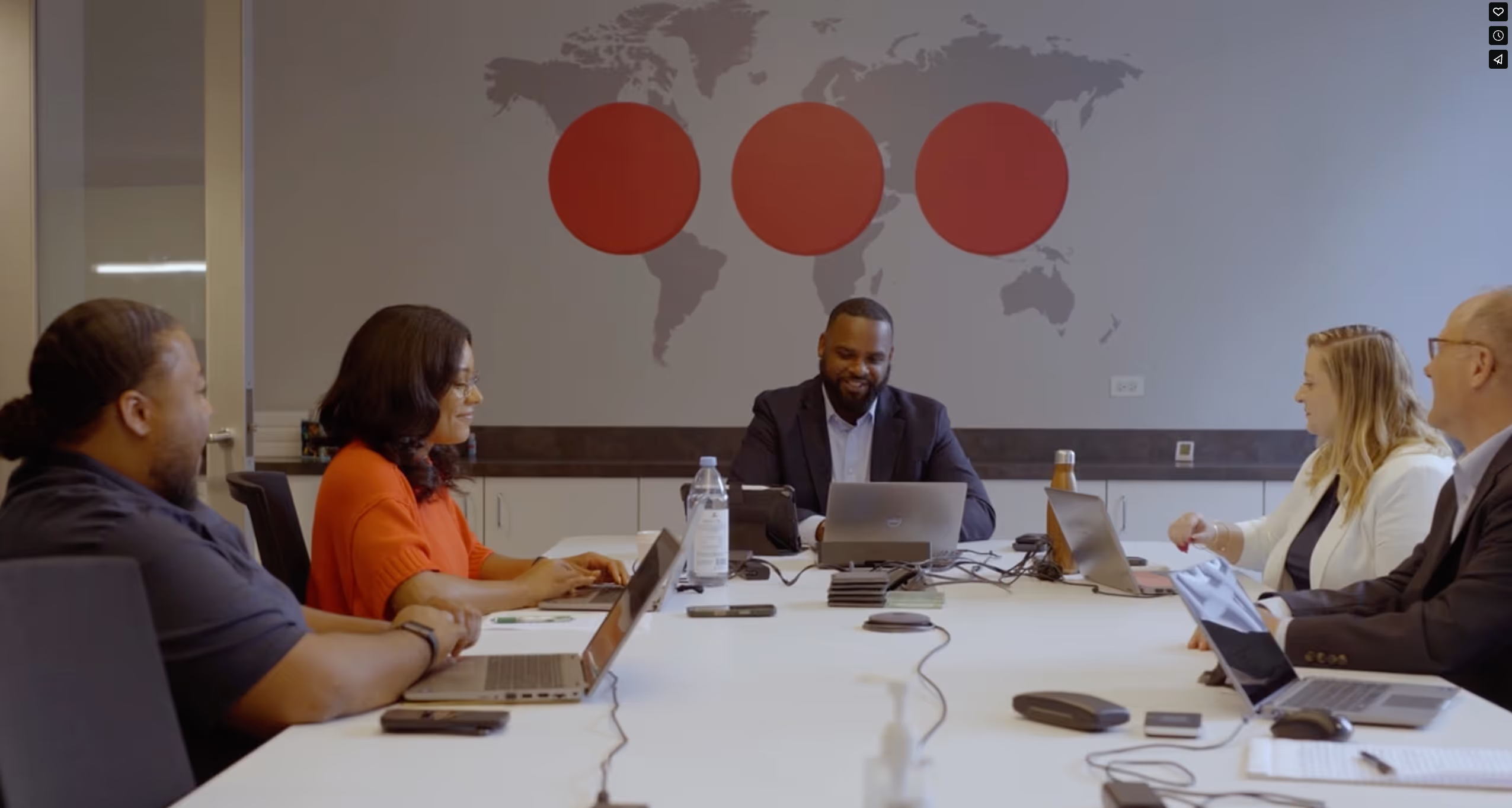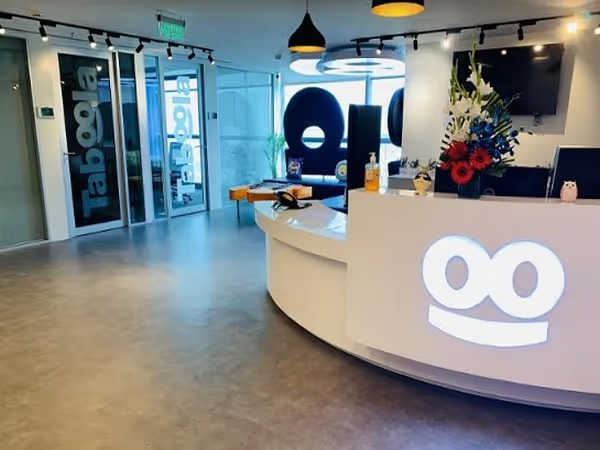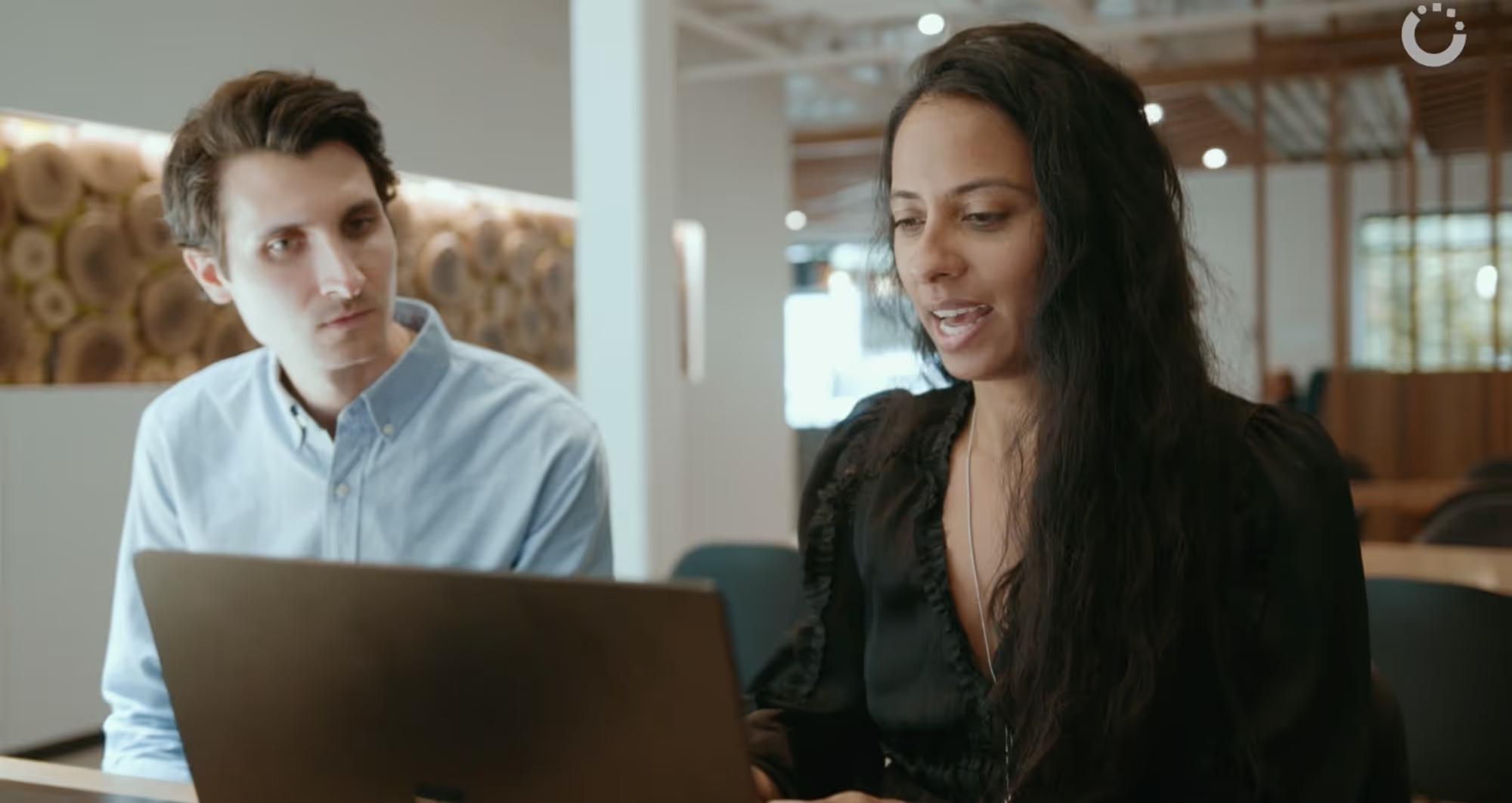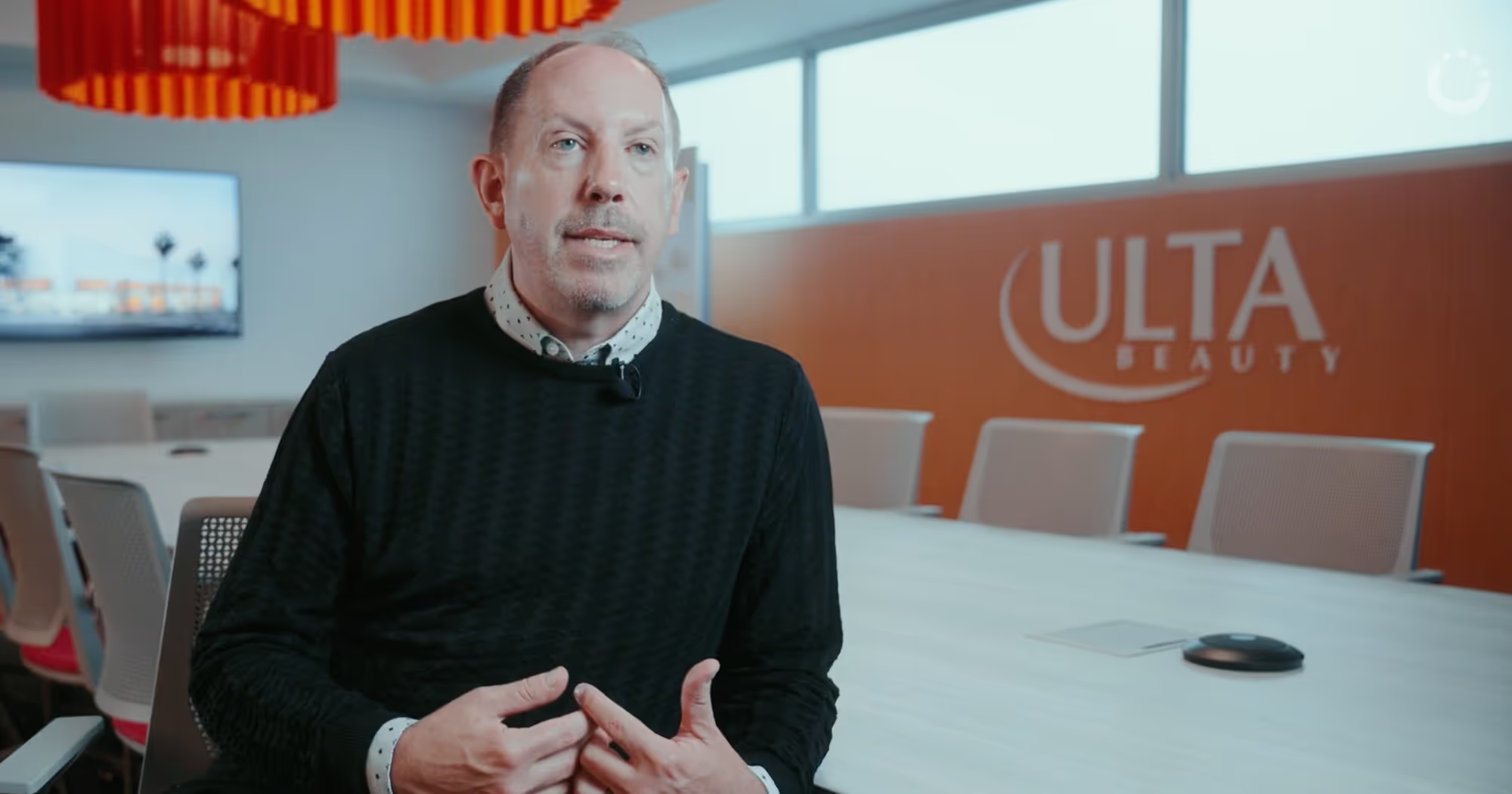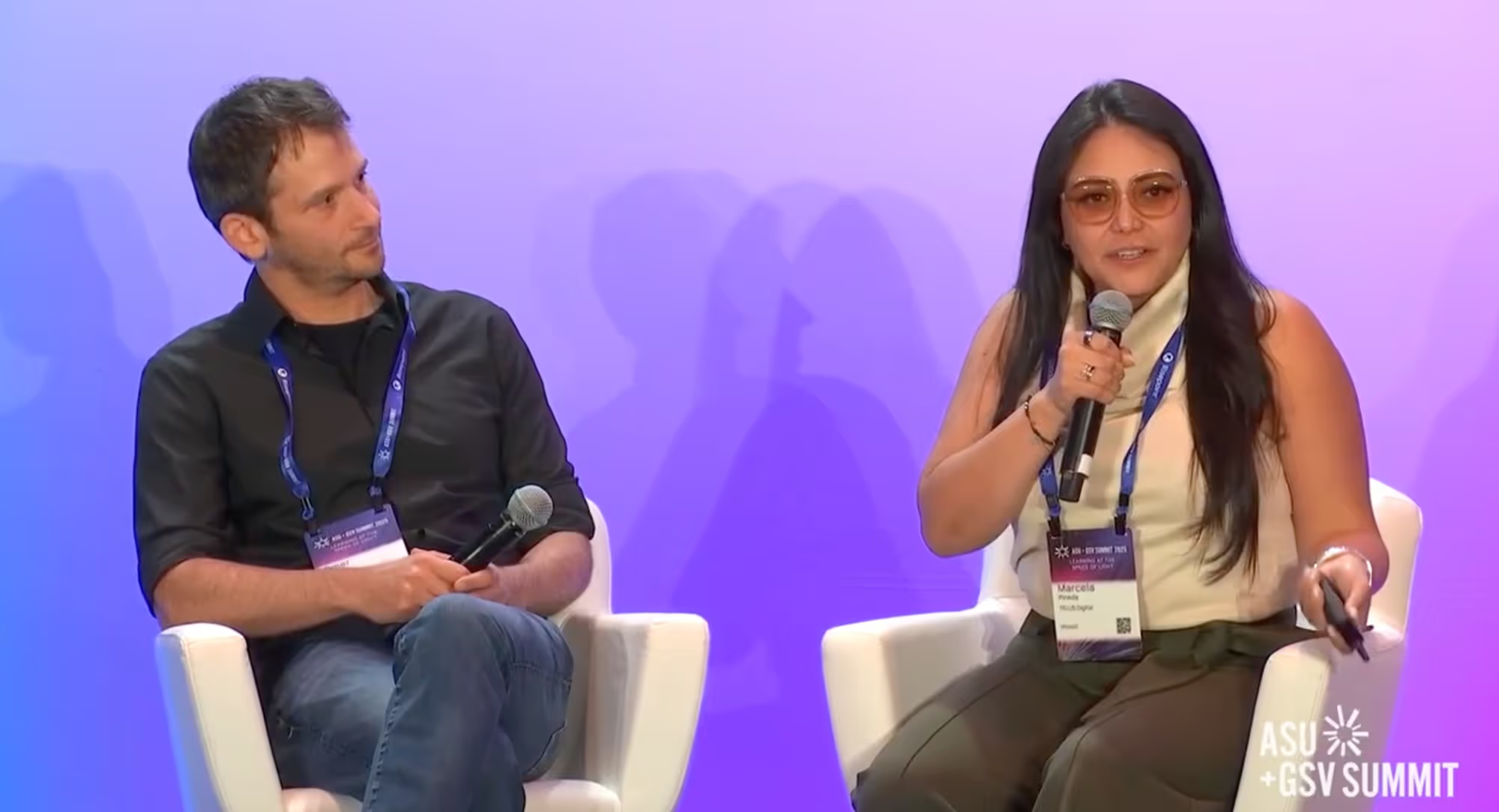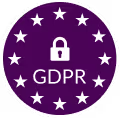One-on-one wins. Every time.
Your top talent deserves better than generic training modules. Our AI-powered platform matches your people to experts for development that moves the needle on performance metrics.

Growth
30
%
less attrition within 12 months
Engagement
10
%
increase in engagement scores in teams led by a participant
Sales
5-10
%
increase in quota attainment or growth in new business sales
Not just any growth. Upskill with precision
We design development sprints that directly support your organizational goals, ensuring the growth you see is the growth that will serve your workforce.
Measure real impact through:
- Retention metrics and promotion readiness
- Employee engagement and satisfaction surveys
- Tailored objectives like customer satisfaction or sales attainment
Meet mission-critical career milestones
Your managers and leaders need support to meet business goals, especially at critical junctures where they can either become a catalyst — or stagnate.
1:1 skill development offering is perfect for:
- New manager transitions and future leaders
- High-potential employee acceleration
- Mission-critical skill gaps affecting business performance
.avif)
Get the right expert, every time.
This isn't random pairing — it's precision matching. Our AI analyzes 80+ areas of expertise across 2,500+ vetted experts, considering industry, functional experience, and development goals.
Our meticulous matching methodology offers:
- Experienced operators who’ve built their careers at top companies
- Diverse experts with international experience and multilingual capabilities
- Experts who seamlessly shift between mentor, consultant, and coach modes

Because "how'd it go?" isn't a success metric
Accountability is what separates real development from expensive small talk. Your people get continuous feedback that moves the needle, while managers get the visibility they need to support lasting change.
What you get:
- Manager involvement when it matters (not mandatory hand-holding)
- Employee engagement and satisfaction surveys
- Progress tracking that shows skill gains, not just session attendance
- Success metrics you define—tied to your business goals, not ours
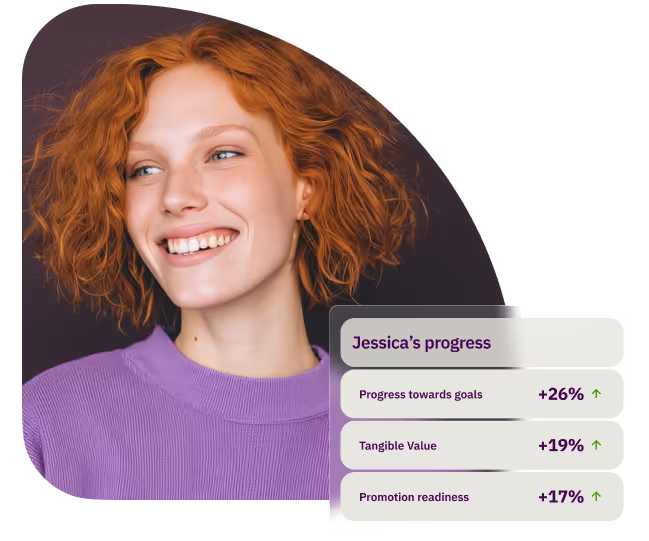
Your talent deserves better than generic development. So does your bottom line.
Discover how the right expert, matched to the right person, at the right time creates the kind of workforce transformation that shows up in every metric that matters.
Thank you! Your submission has been received!
Oops! Something went wrong while submitting the form.
We saw measurable skill growth in weeks, not months.






